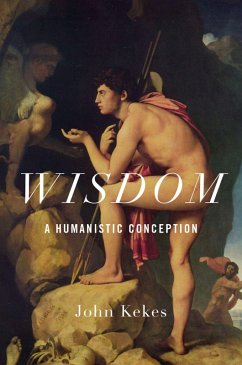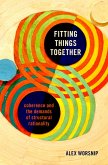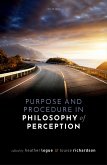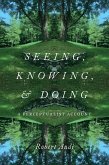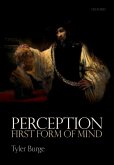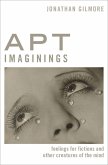In this book, renowned philosopher John Kekes develops and defends a humanistic conception of wisdom as a personal attitude--one that can guide how we face adversities and evaluate the often conflicting possibilities and limits of life in the context in which we live. Wisdom includes basic assumptions about the concrete and constantly changing conditions of life; reflective understanding of how we can rely on reason to evaluate the possibilities open to us and recognize the limits we have no choice but to accept; and it includes depth that enables us to accept that perennial problems are part of the human condition and yet to restrain our false hopes and disenchanted reactions to the vicissitudes of life. The evaluative attitude of wisdom is personal, not theoretical; anthropocentric, not metaphysical; context-dependent, not universal; and humanistic, not scientific. It recognizes that there are many forms of worthwhile lives, and denies that there is one ideal of The Good that everyone should try to approximate. It accepts that all of our beliefs, emotions, and desires are fallible, yet they are correctable provided we are sufficiently critical of them. The resulting conception of wisdom is intended as a contribution to philosophy as a humanistic discipline. It is a radical departure from traditional ways of thinking about wisdom.
Dieser Download kann aus rechtlichen Gründen nur mit Rechnungsadresse in A, B, BG, CY, CZ, D, DK, EW, E, FIN, F, GR, HR, H, IRL, I, LT, L, LR, M, NL, PL, P, R, S, SLO, SK ausgeliefert werden.

